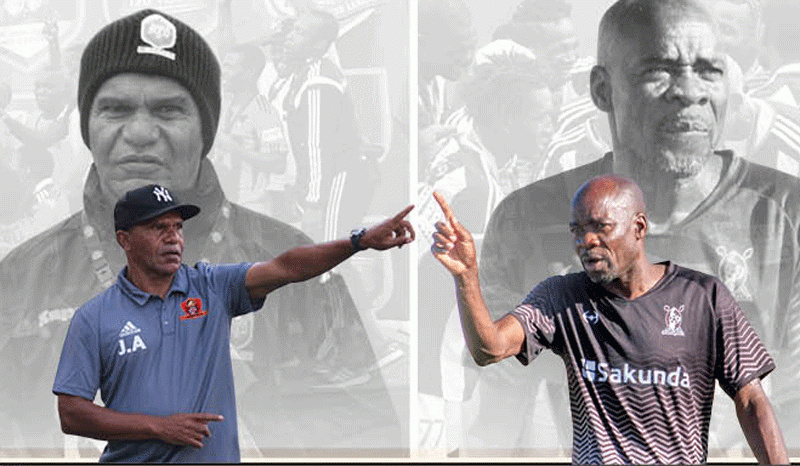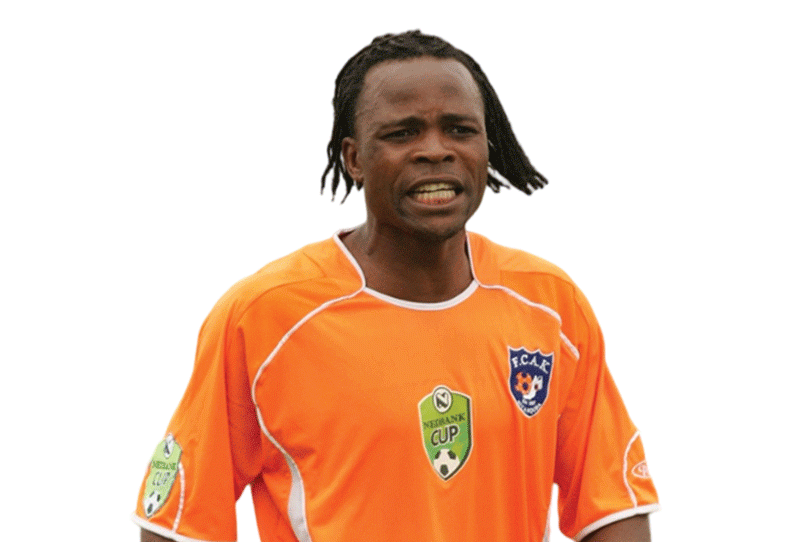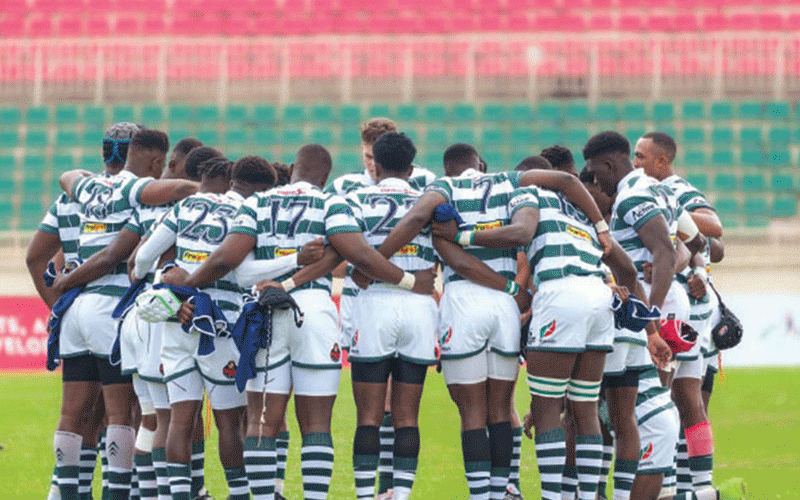
STEVEN Spielberg has a world-wide reputation as being one of the greatest film directors of modern times, bringing us Jaws, ET, Jurassic Park, Schindler’s List and Saving Private Ryan, among others.
with TIM MIDDLETON
The latter film explored the futile mission of eight men risking their lives in hostile enemy territory during the Second World War to save one man because that man’s mother had lost three other sons. To add to the problem, the young private in question did not want to return. For the generals and politicians who ordered the mission, they were more concerned about saving their private reputation than Private Ryan.
In a similar vein, there is a real danger, when it comes to school sport, that the authorities and coaches can be more concerned about their school’s (and therefore their own) reputation than about the individual child and the country.
Schools must be on their guard to ensure that they do not use their pupils to promote their own reputation, for in so “using” the pupils they might be in danger of “abusing” them. Coaches that arrange extra practices in the week building up to a big derby match are perhaps simply doing it because they want to preserve their unbeaten run or their mastery over their great rival. They require extra sports practices so that they can say how good they are as a coach or school — nothing is said about the pupils or how this will help sport develop in the country. It may not be for the child’s pleasure or in the best interests of the child. Just as Private Ryan was not interested in returning home with his “rescuers”, so many of our pupils may not be so keen to have the extra practices. Schools announce with great pride their results, but only to enhance and to save their private reputation.
In a similar way, there is a danger that parents can be more concerned about their own reputation than about their child or their country. How many parents who push their child to represent the country at an age group level will go and watch the national team of that sport?
In the film, the dying Captain charges the reluctant returnee Ryan with two simple but strong words: “Earn it.” In a similar way, schools can all too easily transfer that same pressure on to their pupils by effectively challenging them to “earn” the reputation that the school has developed — the “unbeaten” record, the number of national players they have (though many of them may not have been developed by the school but were brought in on scholarships), the margin of victory. The sad fact is that we forget the truth of what John Wooden, the celebrated and highly successful college basketball coach, said: “Be more concerned with your character than your reputation, because your character is what you really are, while your reputation is merely what others think you are.” Instead of reputation, we should be promoting character; in other words, integrity, honour, values. All too often, though, we see our children as objects and statistics, not as characters or individuals.
Sadly, reputation gives a false perspective. The perspective we should have, which reputation distorts, is for all children. Schools, for the sake of their reputation, often only focus on the few, the talented, the first team. We should base our reputation on the right values, yet usually we focus only on success, instead of significance (are sports trophies more important than service trophies?), and on ability, not on effort. We should focus on the long term, on progress, not success, on development, not achievement. We should focus on the big picture, not the small detail.
- Chamisa under fire over US$120K donation
- Mavhunga puts DeMbare into Chibuku quarterfinals
- Pension funds bet on Cabora Bassa oilfields
- Councils defy govt fire tender directive
Keep Reading
In some ways, we are in a war in our schools when it comes to sport. We must not be so concerned with saving our private reputation (as a coach or as a school), but rather should fight the battle we are really called to fight.
The children’s minds, hearts and souls are at stake. It is for the future of our country that we fight on. If we are so concerned about rankings, we should remember the ranks in the army, where it is General Character and Major Principles who give the orders, not Private Reputation. Schools are not fighting or competing against each other, but cooperating with them, in an allied offensive.
Ultimately our school is not important — it is only a vehicle to take the children and the country forward. A school’s reputation should not matter; if we do the right things right, our reputation will look after itself. DL Moody said as much: “If I take care of my character, my reputation will take care of itself.”
l The writer, Tim Middleton, is a former international hockey player and headmaster, currently serving as the Executive Director of the Association of Trust Schools (ATS)] Email: [email protected]











